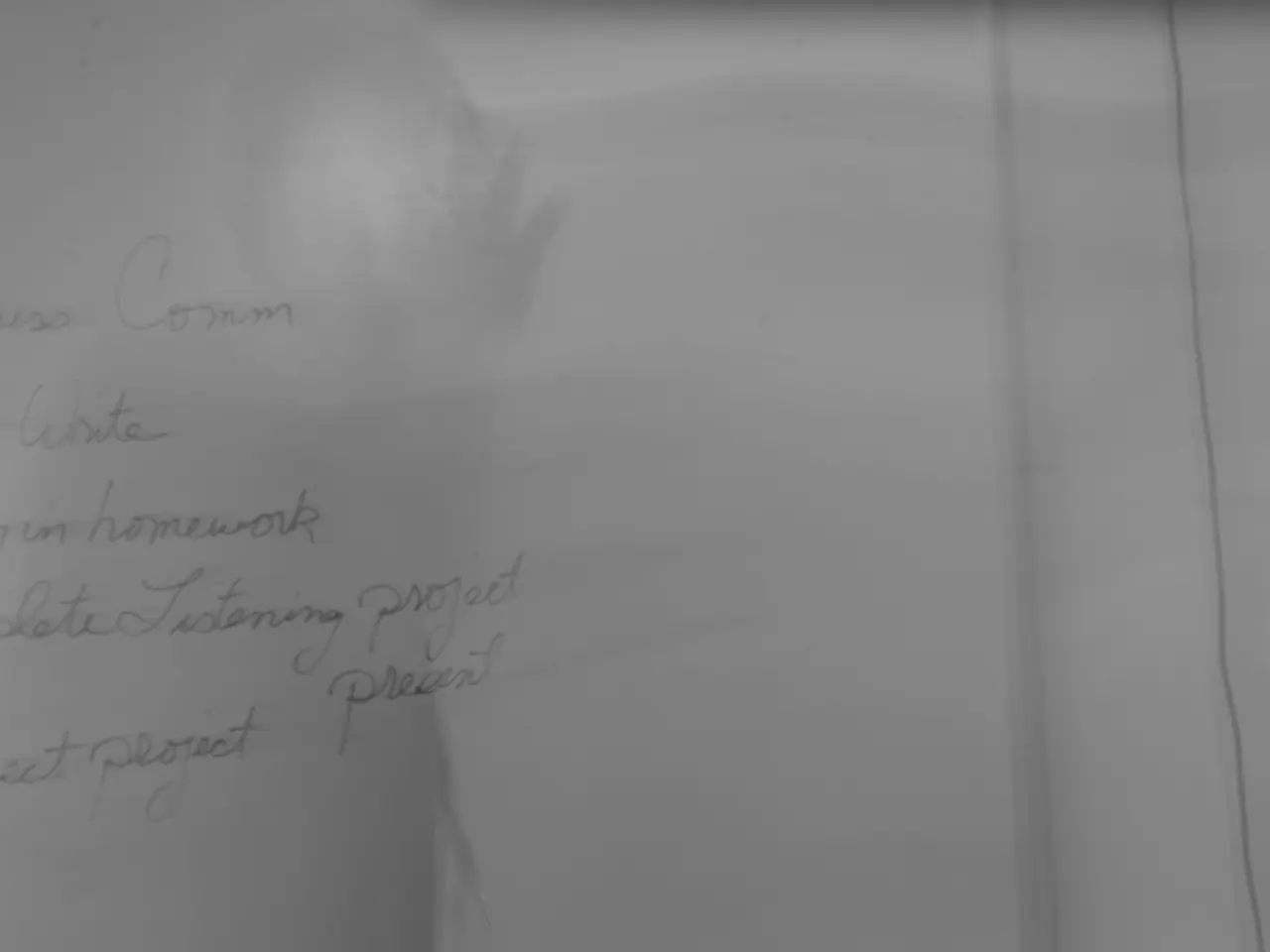USPTO's Subject-Matter Eligibility (SME) Reminder Memo: Beneficial for Computing and Software Innovations
USPTO's Kim Memo Provides Clarity on Patent Eligibility for AI, ML, and Software Claims
On August 4, 2025, Commissioner Kim issued a memorandum that offers valuable guidance for patent examiners and applicants navigating the subject matter eligibility (SME) framework under 35 U.S.C. § 101, particularly for claims involving artificial intelligence (AI), machine learning (ML), software, or embedded software.
The Kim Memo emphasizes the need to distinguish between claims that merely recite a judicial exception, such as abstract ideas, and those that actually improve technology or integrate the judicial exception into a practical application. Examiners are instructed to analyze claims as a whole, focusing on whether they reflect an improvement in computer capabilities, technology, or a technical field, rather than simply applying an abstract idea to generic hardware.
The memo also highlights the importance of Step 2A Prong Two of the Alice test, which involves determining whether additional elements in a claim add significantly more than the judicial exception itself, thereby integrating it into a practical application.
The Kim Memo reinforces the preponderance standard, stating that SME rejections under § 101 should only be issued when the rejection is more likely than not accurate (i.e., more than 50% likelihood of ineligibility). Examiners are advised to refrain from rejections if the eligibility question is a "close call."
For AI/ML/software claims, improvements claimed must be specific and technical, not generic or mere automation of a manual process, to support patent eligibility. The memo clarifies that improvements must be directed to the underlying technology to support patent eligibility.
The Kim Memo offers clearer guidance to applicants on how to draft claims and respond to examiner rejections. It encourages claim language and specifications that demonstrate concrete technological improvements or technical solutions rather than abstract, generalized implementations. Additionally, it provides a clearer understanding of how examiners will assess eligibility, enabling applicants to tailor claims to focus on improvements to technology or technical fields.
The memo also narrows the circumstances under which examiners may invoke the mental-process abstract-idea category. It advises against classifying claim limitations that cannot practically be performed in the human mind as mental processes.
Practitioners can more persuasively demonstrate that their claims satisfy each stage of the Alice / USPTO subject matter eligibility framework by weaving Kim Memo guidance into drafting and prosecution strategies. The Kim Memo offers valuable advocacy supports for applicants seeking to establish patent-eligible subject matter, particularly in the context of AI and software innovations.
Overall, the Kim Memo aims to enhance consistency and clarity in SME examination for AI, ML, software, and embedded software claims, supporting inventors in navigating eligibility hurdles under the Alice framework.
[1] The Kim Memo can be found on the USPTO website. [2] For more detailed information, please refer to the USPTO's official guidance on the Alice/USPTO SME framework. [3] This article is intended to provide a general overview of the Kim Memo and its implications. It is not legal advice and should not be used as such. For specific advice, please consult a patent attorney or patent agent. [4] The date of the memorandum (August 4, 2025) is a placeholder and may not reflect the actual date of the memorandum. [5] The Kim Memo is particularly relevant for machine learning operations involving complex computations.
- The Kim Memo, particularly relevant for machine learning operations involving complex computations, offers valuable advocacy supports for applicants seeking to establish patent-eligible subject matter in the field of technology, by emphasizing the need to demonstrate concrete technological improvements or technical solutions in their claims and specifications.
- When drafting and prosecuting claims involving artificial intelligence (AI), machine learning (ML), software, or embedded software, practitioners can increase their chances of success by following the guidance provided in the Kim Memo, which emphasizes that improvements claimed must be specific and technical, not generic or mere automation of a manual process, and must be directed to the underlying technology to support patent eligibility.




